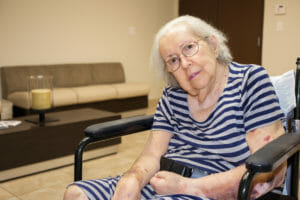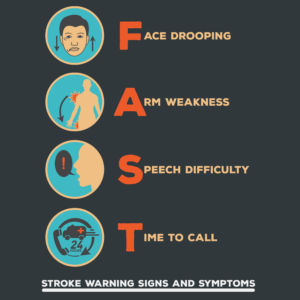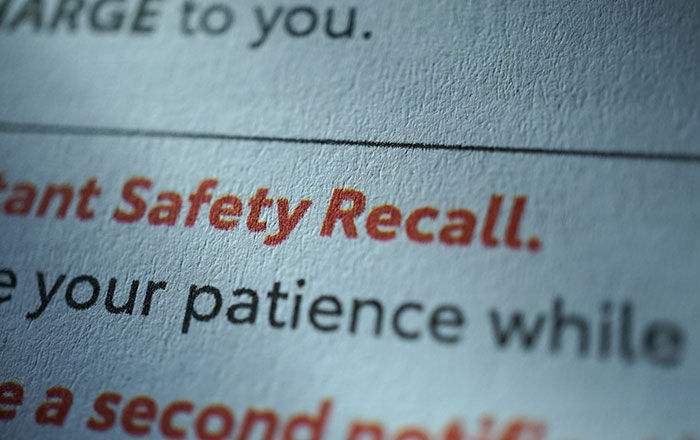
Stroke is the #5 cause of death in the United States and a leading cause of disability, which is why a correct and quick diagnosis is extremely important. McWhirter, Bellinger & Associates is reviewing potential medical malpractice lawsuits for South Carolina residents whose healthcare providers failed to diagnose their stroke in a timely manner.
What is a stroke?
A stroke can occur in two different ways. Most strokes (87%) are ischemic strokes, which happen when a blood vessel that carries oxygen or nutrients to the brain is either blocked by a clot or ruptures. This means the brain cannot get the blood or oxygen it needs. As a result, brain cells die.
The other type of stroke is a hemorrhagic stroke, which is caused by bleeding.
According to the Centers for Disease Control and Prevention (CDC), stroke symptoms can include:
- Numbness or weakness in the face, arm, or leg (especially on one side of the body)
- Confusion, trouble speaking, or difficulty understanding speech
- Trouble seeing in one or both eyes
- Trouble walking, dizziness, loss of balance, or lack of coordination
- Severe headache

- “F” is for “Face Drooping” – Has their face fallen to one side? Can they smile?
- “A” is for “Arm Weakness” – Is one arm weak or numb? Can they raise both arms?
- “S” is for “Speech” – Is their speech slurred? Ask them to repeat a simple sentence.
- “T” is for “Time” – It’s time to call 911 if the person exhibits any of these symptoms.
But although patients who experience such symptoms are advised to call 911 immediately, they’re often let down by medical staff once they reach the hospital.
The importance of early stroke diagnosis
When it comes to diagnosing strokes, timing can be everything. There is a very small three-hour window during which stroke patients can receive tissue plasminogen activator (tPA) treatment, also known as the “clot buster” treatment. If a patient is not diagnosed in a timely manner and misses the three-hour window, they are no longer eligible to receive tPA – a treatment that has been associated with a significant decrease in stroke mortality.
A person loses 1.9 million neurons for every minute they don’t receive medical treatment for a stroke, so timing really is of the essence. Earlier treatment typically means a greater chance at recovery and a reduced likelihood of permanent disability.
Misdiagnosis & delayed diagnosis
When stroke victims are not diagnosed immediately, it’s usually due to one of the following reasons:
- They were forced to wait a long time at the hospital before seeing a doctor
- A doctor misdiagnosed them
Misdiagnosis often occurs because the physician failed to consider the patient’s symptoms as being possible stroke symptoms. For instance, a sudden headache might have been diagnosed as a common migraine, or dizziness might have been mistaken for an inner ear problem. That’s why a thorough examination of the patient, their medical history, and risk factors is extremely important.
If a physician mistakenly diagnoses a patient with a different issue, that patient does not receive the necessary blood tests, CTs, and MRI scans that could have led to a correct diagnosis. Instead, they’re sent home without any necessary stroke care, putting their life at risk and worsening their long-term prognosis.
Did your stroke go undiagnosed?
If you’re a South Carolina resident whose stroke went undiagnosed or misdiagnosed by a doctor, you may be eligible to file a medical malpractice lawsuit. For more than four decades, the attorneys at McWhirter, Bellinger & Associates have been fighting for those who have experienced medical malpractice and medical negligence. Our lawyers do everything they can to make sure their clients receive the compensation they’re owed.
Although compensation varies from case to case, damages for the following are common in medical malpractice lawsuits in South Carolina:
- Lost wages
- Physical pain and suffering
- Mental anguish
- Loss of future earnings
- Medical bills
- Punitive damages
McWhirter, Bellinger & Associates has offices throughout South Carolina, in Aiken, Camden, Columbia, Lexington, Newberry, Orangeburg, and Sumter. Give us a call today at 803-768-3447 for a free case evaluation. It won’t cost you anything to see if we can help.















